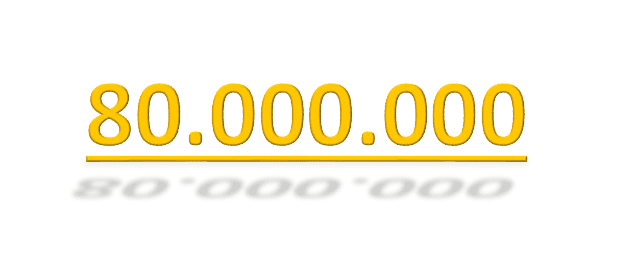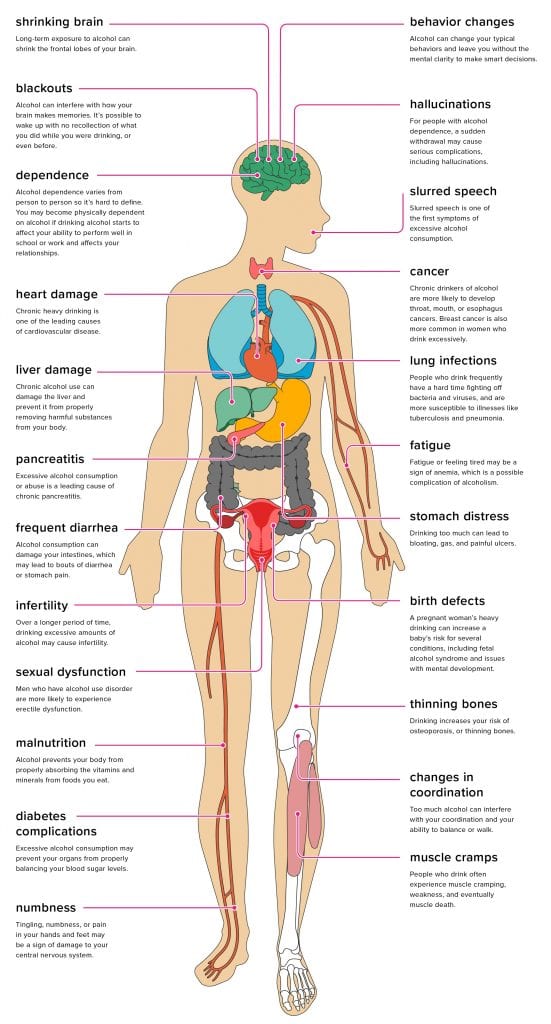According to the National Center on Addiction and Substance Abuse, about 40 million Americans aged 12 or above, struggle with some sort of addiction and around 80 million people who belong to the category of “risky substance users.”

Categorized by “risky” means that the person is on the verge of addiction, drinking 3-4 drinks of alcohol on any day in a week, and while underaged, or pregnant, with drugs, or while the operating machine, vehicles, etc. As well as people using drugs, misusing prescription drugs, or smoking tobacco. All of it is considered illegal if it presents a threat to public safety or users.
The problem is not about the numbers as, in general, it is not only the individual that is suffering, it involves people close to the individuals, and usually they tend to involve their partners (mostly drug abuse) which extends the suffering to a more wider group.

img source: pinterest.com
It isn’t easy having an elephant in a room. You may think you can ignore it forever, but eventually, he will grow the size enough to shake the house and finally to destroy it. First thing there is to do is admitting about having a problem, whether it is you, your partner, or both of you. The relationship is about commitment, honesty, and support. If somebody has a problem with addiction, it contributes to complications in family relations, leads to fights, child abuse, constant tension, financial loss and so on.
How to recognize addiction?
The people who suffer addiction usually show a pattern of behavior, like spending (or stealing) money recklessly, prioritizing substance abuse over family needs, denying addiction or hiding it, etc. If you recognize any of these behaviors present in someone you hold dear, there are a couple of ways how you can react, but we recommend one highly efficient.
Couples rehab
If only one person went on a therapy, coming back to an addicted partner may result in new substance abuse. This type of therapy has proven its benefits through many cases, because mutual battle and encouragement reduce the risk of relapse, and since the shared experience of substance abuse is hard to battle with.

img source: her.ie
Therapy focuses on making new relationship standards, showing ways how couples can spend their time together, and how to show affection to each other without using drugs. This type of treatment deepens the relationship and fortifies a new bond by supporting each other’s sobriety. These things don’t work if one of them has no interest in the process, or shows no interest in a continuing relationship or commitment to betterment after the rehab.
The program for couple rehab is designed solely for couples who are both addicted and want to overcome the addiction. It is perfectly paced so that one partner doesn’t outgrow other. Each session tracks progress, patients are given homework and are being monitored if they show up reusing any of the substances. Therapy includes group sessions, couple sessions, and individual as well. They are being given counseling and education about sex, abuse, relationship and so forth. Couples rehab benefits both of you, giving you a fresh perspective, setting up new goals and new paths. Sometimes sobriety means having to part ways with your partner if both of you together can’t fight it.
We could give you some recommendations, but the best option for you is to search for a local couples rehab center or for any center that is near you.
